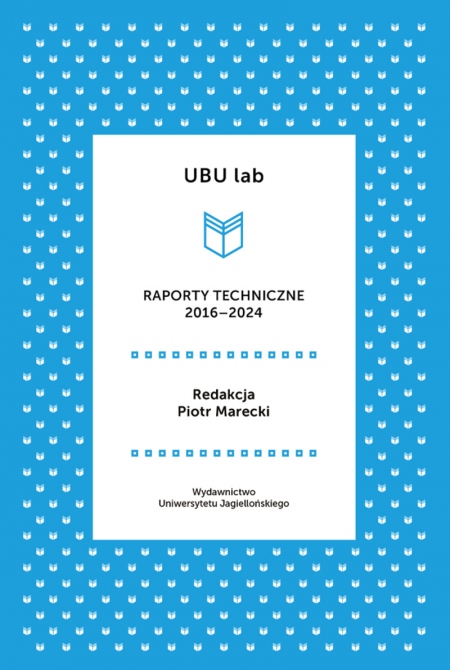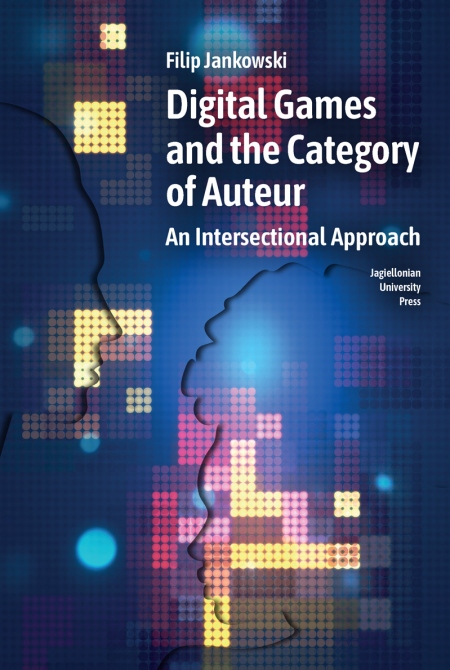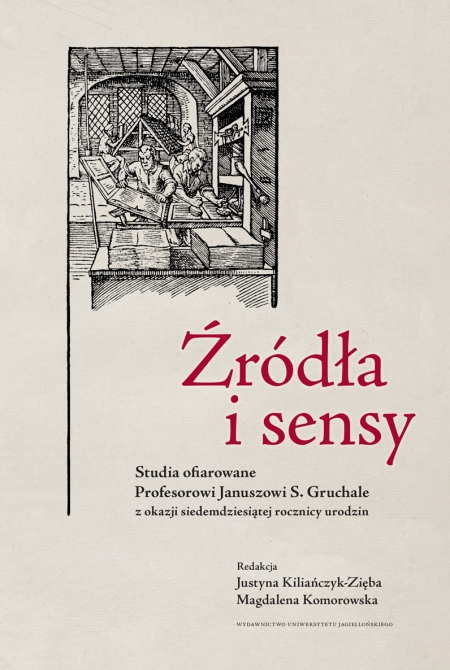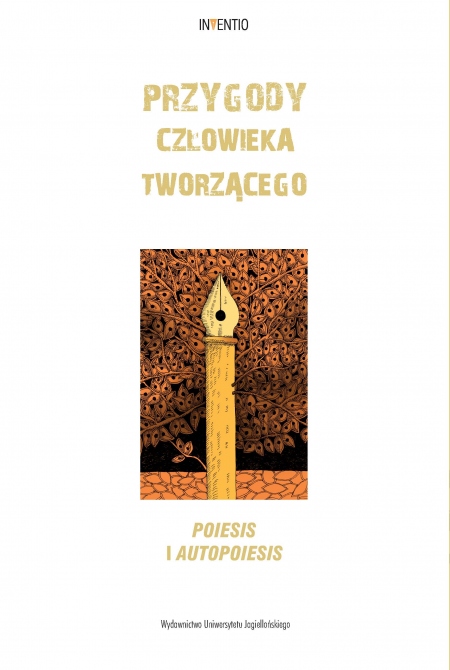
Baskowie
Powstawanie współczesnego narodu
Pages: 262
Book format: B5
Publication date: 2014
Publication date: 01.12.2014
Book description
Nationalism is not accidental uprising that appears out of nowhere. It is rational and natural response to social, economic and political changes that occur around us, completely transforming surrounding reality. This is the point of departure of this book, which tells the story of Basque nationalism, one of the hottest European nationalisms. The main theme of this book is the emergence of modern nation, the development of Basque nationalism and the formation of Basque national identity.
The author takes us to the end of the nineteenth century and shows how modernization led to the development of national ideology. The main role in this process was played by industrialization, which created the impetus for the appearance of Basque nationalist movement and ideology. It also influenced the way in which the Basque national community was being imagined and understood. Therefore, early Basque nationalism turns out to be a modern construct, and contrary to what is commonly assumed, not completely opposed to industrialization. In fact, very soon after its creation it “nationalized” the idea of progress and economic development, and transformed them into national resources. Maintaining strong ties with the ideology of traditionalism it managed to combine under one ideological roof the elements of tradition and modernity.
The book consists of eight chapters. It starts with the presentation of the social, economic and political order of premodern Basque society (chapter 1) and the analysis the processes of modernization and industrialization that led to the transformation of the Basque society (chapter 2), leads us through the discussion of “prenational” Carlist and foralist ideologies, (chapter 3 and 4), and finally arrives to the description of the ideology of the first Basque nationalism. This part includes the study of Sabino Arana and his concept of Basque nation (chapter 5 and 6), the organization and the social base of early Basque nationalism (chapter 7), and the analysis of the specific place, that Basque nationalism occupied among modern ideologies (Chapter 8).
Although the book tells the story of the emergence of Basque nationalism, and as such has de facto historical character, its findings may be valuable also today, enabling us to better understand contemporary identitary processes. The book is addressed to those who are working in the field of nation and nationalism, as well as to everyone who is interested in the history of the Basque people.
The author takes us to the end of the nineteenth century and shows how modernization led to the development of national ideology. The main role in this process was played by industrialization, which created the impetus for the appearance of Basque nationalist movement and ideology. It also influenced the way in which the Basque national community was being imagined and understood. Therefore, early Basque nationalism turns out to be a modern construct, and contrary to what is commonly assumed, not completely opposed to industrialization. In fact, very soon after its creation it “nationalized” the idea of progress and economic development, and transformed them into national resources. Maintaining strong ties with the ideology of traditionalism it managed to combine under one ideological roof the elements of tradition and modernity.
The book consists of eight chapters. It starts with the presentation of the social, economic and political order of premodern Basque society (chapter 1) and the analysis the processes of modernization and industrialization that led to the transformation of the Basque society (chapter 2), leads us through the discussion of “prenational” Carlist and foralist ideologies, (chapter 3 and 4), and finally arrives to the description of the ideology of the first Basque nationalism. This part includes the study of Sabino Arana and his concept of Basque nation (chapter 5 and 6), the organization and the social base of early Basque nationalism (chapter 7), and the analysis of the specific place, that Basque nationalism occupied among modern ideologies (Chapter 8).
Although the book tells the story of the emergence of Basque nationalism, and as such has de facto historical character, its findings may be valuable also today, enabling us to better understand contemporary identitary processes. The book is addressed to those who are working in the field of nation and nationalism, as well as to everyone who is interested in the history of the Basque people.
Authors
Joanna Orzechowska-Wacławska
ISBN: 978-83-233-3797-3
e-ISBN (pdf): 978-83-233-9145-6
Country of producer: Poland
RECOMMENDED BOOKS
105.00
zł
84.00
zł
65.00
zł
52.00
zł
NEW BOOKS

Choose chapters to buy:
Order value:
0.00 zł






















